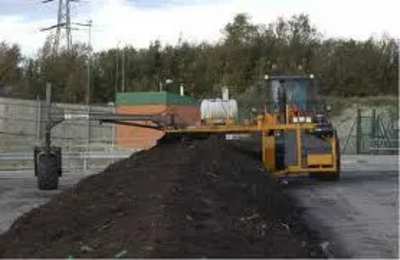Hertfordshire Caught Out Counting Rejected Cardboard as “Recycled” Material

Hertfordshire has for a long time been collecting cardboard with green waste for composting. When the proportion of cardboard was low enough that was fine and good quality compost resulted. Now with higher quantities, and especially with the inclusion of the new plastic laminated cardboard, significant quantities of cardboard have had to be removed from the composting process and sent to landfill.
But Hertfordshire had been claiming the total input into the composting process towards their recycling targets - and neglecting to subtract the rejected material sent to landfill. Now DEFRA has given them some "clarification". The rejected material must in future be subtracted and counted as additional residual waste.
This was reported at last Monday's cabinet meeting, since a sudden quarterly increase of 10,000 tonnes in residual waste - and a corresponding drop in recycling - could not be overlooked.
This has finally stimulated the Hertfordshire Waste Partnership to seek finance to remove non-compostable cardboard before it enters the composting stream and recycle it separately, rather than sending it to landfill.
They should of course have looked for this solution as soon as the problem first came to light several years ago. Instead, recyclable material went on being lost, money was wasted on unnecessary landill taxes and pollution was higher than it need have been.
(The illustration shows an Ashfield District Council facility)
